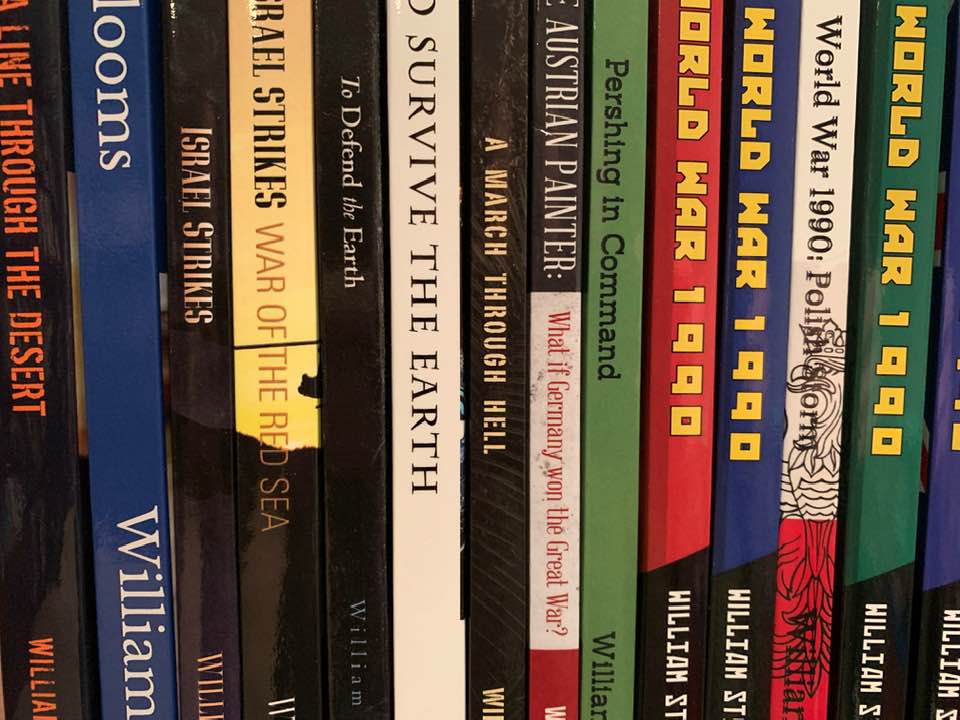He was also important because he symbolized, musically, the World War II generation. When he died in 1998, I genuinely believed it marked the passing of that era, an era of greatness. Sinatra was part of the golden age of American music, the golden age of Hollywood, and the golden age of television. Not much gold today.One of the cultural crimes of the Balding Boomers, among countless others, is their destruction of the post-war middlebrow culture. By the time Generation X began participation in the youth culture, Sinatra's world had been swept away, utterly. Even today, watching a show like Dragnet, it seems like Joe Friday comes from another planet.
Time may as well have begun when the Beatles went on Ed Sullivan.
One could catch glimpses of this culture. On the Simpsons, Krusty the Clown was basically a golden-age-of-television show-biz bore. In Cannon Ball Run II, Burt Reynolds and company need to find some American Royalty, and naturally go to Frank Sinatra.
Generation X gradually became aware of Sinatra on its own (the Balding Boom sure wasn't going to show us, not when there was another Woodstock anniversary to commemorate). You can see this discovery in the movie Swingers, where two young men go to Vegas, which was then just beginning its revival, and try to have a good time as if they're in the middle of a Sinatra song. My frat had a guy who mixed Manhattans and listened to Sinatra.
I was more of a Pearl Jam guy myself.
The other night I caught 'Sinatra, a man and his Music' on TV. This was a television special aired originally in 1965. Its a postcard from another time, I found myself absolutely intrigued. This heavy metal concert goer had never seen anything like it. I'm not even quite sure how to describe what I saw. Even so, how did he do that? Whatever 'that' was, god, he was great at it.

No comments:
Post a Comment